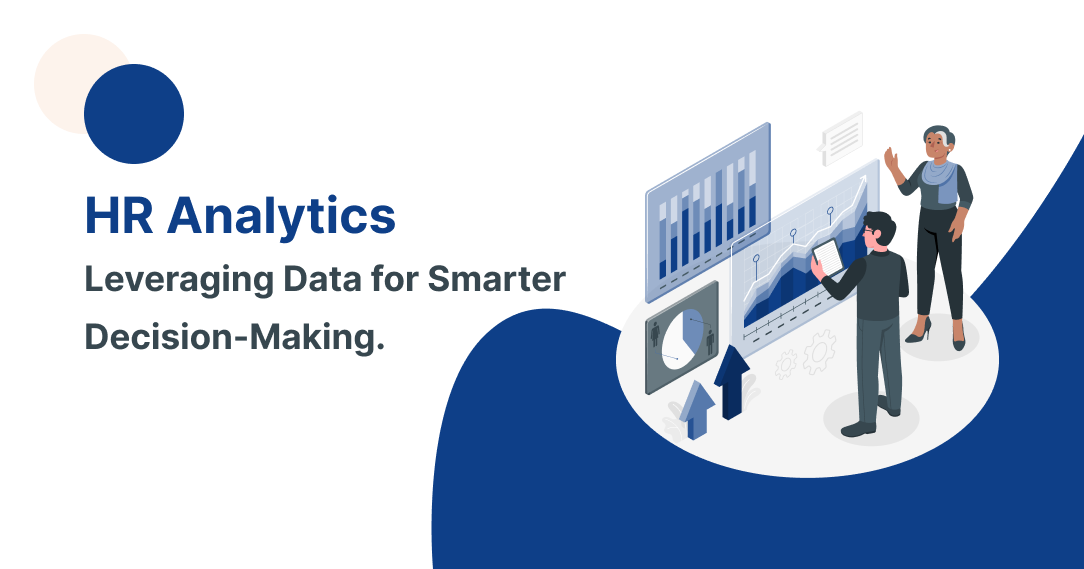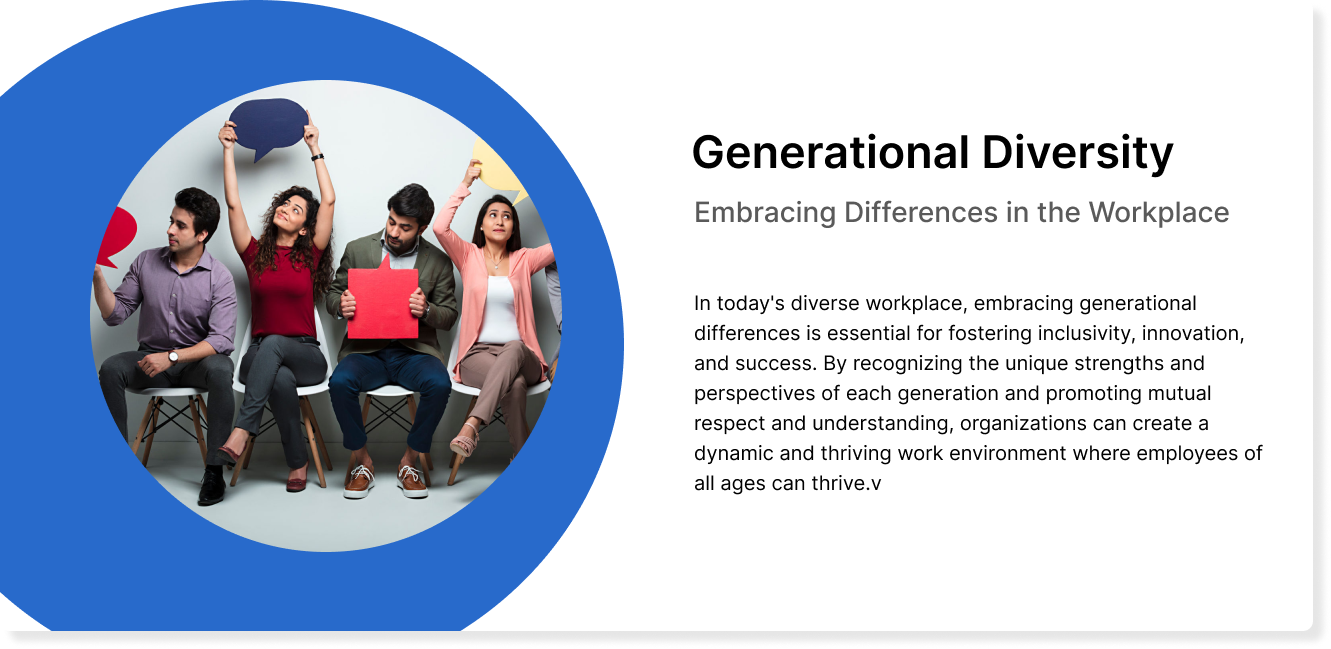
-
-
0
-
334
HR Analytics
HR Analytics:Utilizing Information to Make Wise Decisions.
HR analytics is a crucial tool for HR professionals to make informed decisions and improve their workforce. It involves gathering, analyzing, and interpreting data related to HR, offering insights into staff productivity, engagement, and effectiveness. HR analytics can significantly improve hiring practices, increase worker involvement, and develop a more data-driven workforce. It can also help in talent development and workforce planning, allowing HR to align tactics with corporate goals. HR data can also be used to monitor performance, provide constant feedback, and enhance workplace well-being. By analyzing employee stress, productivity, and wellbeing, HR professionals can identify areas for improvement, such as mental health support and stress management initiatives. HR analytics can also help organizations set diversity, equality, and inclusion (DEI) goals and metrics, promoting diverse and inclusive workplaces through strategies like evaluating concerns, monitoring representation, and paying equal wages.HR analytics is revolutionizing the HR field by enabling businesses to make more informed decisions based on data. It is essential for efforts related to diversity and inclusion, workforce planning, recruitment, and engagement. Businesses investing in HR analytics have a competitive advantage in attracting, nurturing, and keeping top talent. HR analytics provides meaningful insights into workforce efficiency, effectiveness, and engagement, improving decision-making, optimizing workflows, and stimulating strategic expansion.
Data-supported hiring uses HR analytics techniques to improve talent acquisition and recruitment, evaluating long-term potential and cultural fit. Real-time employee engagement monitoring increases productivity and retention rates, while data-driven insights help with strategic workforce planning. Performance monitoring and personalized training plans revolutionize performance management.
HR analytics tracks stress, workload, and mental health to address concerns about employee well-being. It also helps in putting inclusion and diversity into practice by assisting in the development of DEI metrics and practical methods.
Successful implementation of HR analytics requires careful planning, including data collection, investment in technology, skills and training, strategic alignment, and data privacy. By leveraging HR data, businesses can attract, nurture, and retain elite employees. FabHR provides HRMS solutions to help businesses realize the promise of data for a more agile and data-driven workforce.


